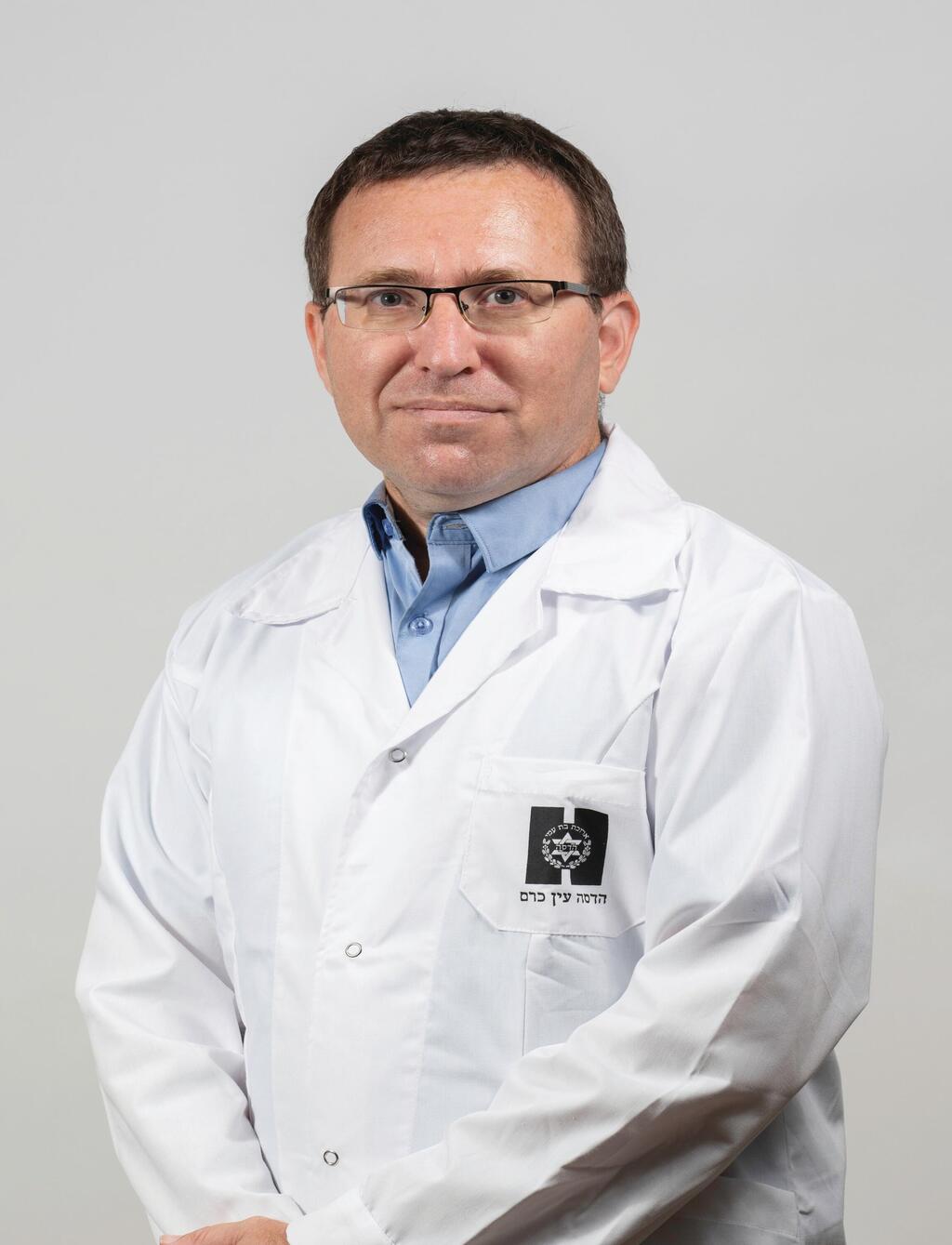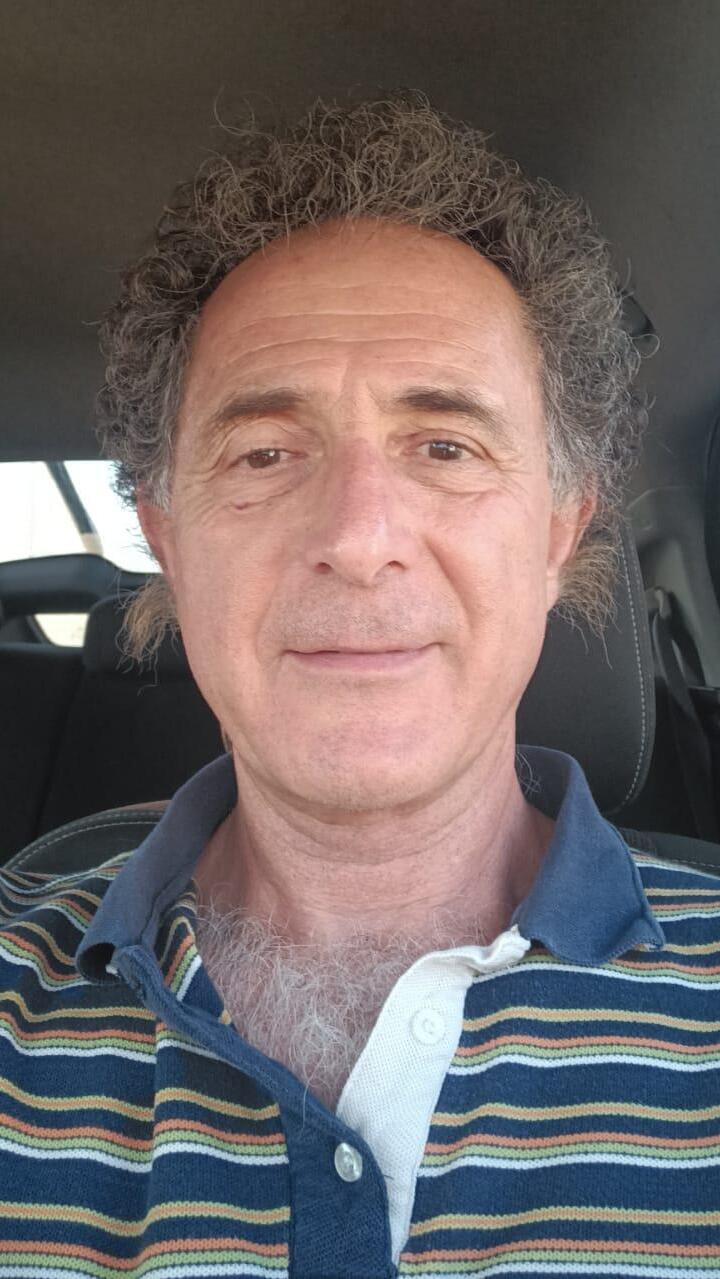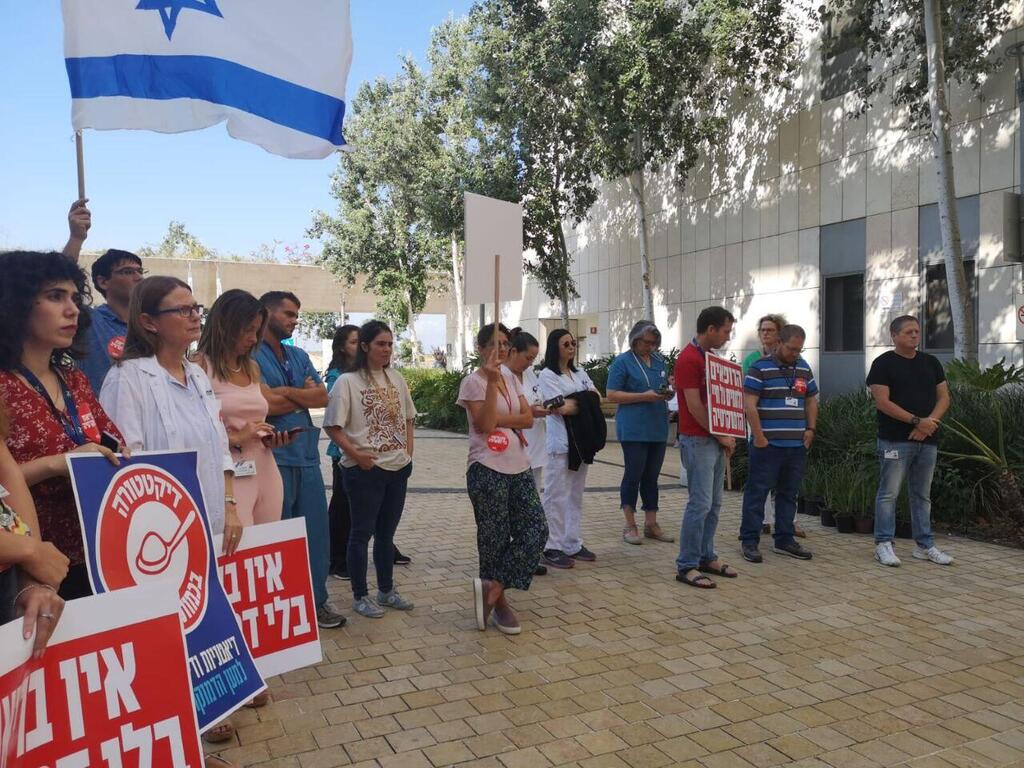Getting your Trinity Audio player ready...
The government’s push to overhaul the judiciary could adversely affect Israel's healthcare system, potentially reducing average life expectancy, a prominent health official told Ynet on Monday.
More stories:
"There are numerous studies showing that when democracy is compromised, health suffers," said Prof. Hagai Levine, chairman of the Public Health Physicians Association and one of the authors of an article published in the prominent medical journal The Lancet warning against the legislation’s consequences.
"To put it simply, we're headed toward third-world status in security, economy and also health. Life expectancy in Israel will decline. This is the direction the government is taking."
This claim has been echoed frequently in recent weeks by doctors protesting against the reform. Some are even considering relocating. Sunday night, the Israeli Medical Association joined petitioners opposing the repeal of the reasonableness clause and asked the High Court of Justice to determine that the amendment shouldn't apply to Israel's healthcare system.
"The reasonableness clause serves as a central defense against certain decisions. For instance, if they now want to allocate a billion shekels to their cronies, rather than the needy. This clearly impacts everyone's health, and without the reasonableness clause, opposing such a decision would be impossible."
In the Lancet article, the group wrote, “The overhaul of Israel's judiciary might disrupt the Health in All Policies approach and compromise health considerations in policy making. As the COVID-19 pandemic ends, prioritising public health in all government decisions is crucial. We, therefore, steadfastly oppose this amendment and advocate for strengthening health considerations in decision making to enhance public health protection and wellbeing.”
"According to the Medical Association's surveys, 90% of doctors in the country agree with this stance," said Prof. Levine. "Thousands of doctors take to the streets weekly to protest government actions that will damage the healthcare system.
The vast majority of healthcare professionals in Israel clearly understand this move will severely impact everyone's health. Of course, those in the periphery, women, the poor, and the LGBTQ community will suffer most. The government wants to introduce politicization, intimidation and discrimination into the healthcare system, something Israeli doctors won't accept."
Dr. Yuval Maroz, a resident physician at Jerusalem’s Hadassah Ein Kerem Medical Center, vehemently disagrees with Prof. Levine's stance. "There's talk of another doctors' strike," he says, "and I want to be clear: this strike is political."
Prof. Levine asserts that the legislation will harm health, security education, and more. "These are political moves, and we should combat them with political means: joining parties, voting in elections and attending protests. It's all politics."
If someone in your hospital now, close to the government but unrelated to medicine and not at your level, was promoted solely due to their connections, how would you feel?
"These claims are pure hypocrisy. It's all based on speculative suspicion that something might happen. In the meantime, with all this talk about protecting the weak, the very weakest, the most vulnerable are being physically harmed,” Maroz asserts.
“During the warning strike two weeks ago, a child with special needs was affected: he was kept fasting all night in preparation for a general anesthesia procedure, only to have the procedure canceled due to the strike. Was there not one compassionate individual there to say, 'This poor child is already here, let's conduct the test'? And then they talk about harming the weak?"
It's well-known that public systems suffer in non-democratic countries. Healthcare systems don't fare better in non-democratic nations, with perhaps the exception of Cuba.
"The life expectancy in Poland is quite similar to that in the U.S. The minister doesn't appoint hospital or department heads. The hypocrisy is overflowing here: on one hand, there's talk of helping the weak; on the other, by shutting down the system, they're harming the most vulnerable – those who cannot afford private healthcare. They are also hurting IDF soldiers. Reform opponents explicitly stated, 'We're going to damage the Medical Corps' preparedness.' This implies that IDF soldiers will be less healthy and at greater risk."
Prof. Levine, what's your take on these claims?
"Dr. Maroz is trying to intimidate us. He says, 'It's political, so don't engage,' while patients are dying, as the government eliminates assistant physician roles, strips accreditation from the scientific council and hands it to a political entity.
"This is politicization, yet Dr. Maroz does nothing against it. He's merely trying to slander his fellow doctors. After all, the thousands of doctors taking to the streets are forgoing private clinic work and their research. They are protesting out of dedication to their patients and a commitment to public health in Israel. This government has unreasonably abolished the tax on sugary drinks. The government is intervening in the health system.
"Dr. Maroz, are you not bothered that 14,000 Ukrainian refugees stopped receiving medical care because the government decided to terminate their insurance? So, we should keep silent on this matter because it's political? Your statement is absurd."





